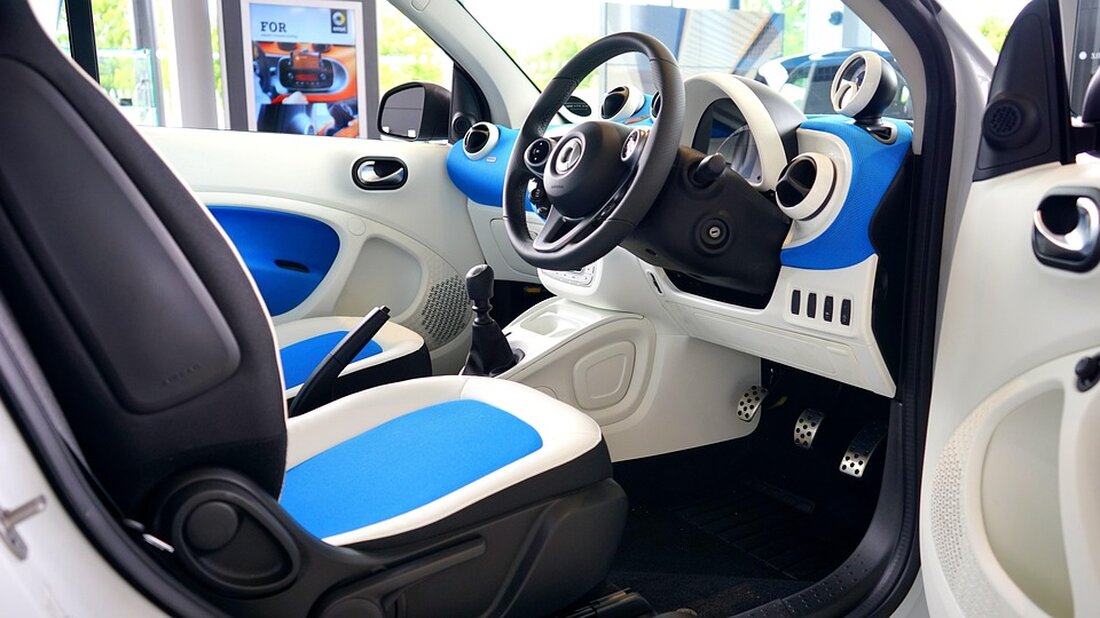Elections in Bolivia: End of socialist rule possible
Bolivia elects a new president and parliament in elections that could spell the end of socialist influence. Is a change of direction imminent? 7.9 million voters are crucial.

Elections in Bolivia: End of socialist rule possible
La Paz, Bolivia - After a disappointing election campaign overshadowed by the looming economic crisis, Bolivians voted Sunday for a new president and parliament. The elections could result in the first right-wing change of government in more than two decades.
A landmark election for Bolivia
This election is considered one of the most consequential for Bolivia in recent memory - primarily due to its unpredictability. Before the election date, around 30% of voters said they were still undecided. Polls showed that the two leading candidates from the right-wing parties, multimillionaire Samuel Doria Medina and former President Jorge Fernando “Tuto” Quiroga, were almost tied.
Compulsory voting and uncertainty among voters
Voting is compulsory in Bolivia, which is why around 7.9 million citizens are eligible to vote. Daniel Lansberg-Rodriguez, co-founder of Aurora Macro Strategies, a New York consulting firm, said: "I have rarely, if not ever, seen such an explosive situation with so many sparks waiting to be ignited."
Growing discontent and economic crises
However, a victory for the right is not guaranteed. Many loyal voters of the ruling MAS (Movement for Socialism) party, severely weakened by internal conflicts, live in rural areas and are often underrepresented in polls. The worst economic crisis in 40 years is forcing Bolivians to wait for hours in gasoline lines while struggling to find subsidized bread and suffering double-digit inflation. The opposition candidates present themselves as an opportunity to change the fate of the country.
A possible shift to the right in Latin America
The election result will be crucial in determining whether Bolivia, a country of about 12 million people and the world's largest lithium reserves, follows the growing trend in Latin America. Here, right-wing leaders such as libertarian Javier Milei of Argentina, strongman Daniel Noboa of Ecuador and conservative populist Nayib Bukele of El Salvador have gained popularity.
Seek relations with the US and investments
Doria Medina and Quiroga have praised the Trump administration and vowed to restore ties with the United States, which were severed in 2008 when charismatic, longtime President Evo Morales expelled the U.S. ambassador. They also show interest in doing business with Israel, which has no diplomatic relations with Bolivia, and are calling on foreign private companies to invest in the country and develop its rich natural resources.
Bolivia's political landscape is changing
Morales, Bolivia's first indigenous president, took office in 2006 and nationalized the oil and gas industry in order to use the lavish profits to reduce poverty and improve the living conditions of the rural population. After three consecutive terms in office, as well as a controversial bid for a fourth term in 2019 that led to public uproar and his ouster, Morales was barred from this election by Bolivia's Constitutional Court. His former loyal ally, President Luis Arce, withdrew his candidacy due to his declining reputation and nominated his minister, Eduardo del Castillo.
Call from Morales to his supporters
Instead of supporting the candidate who is considered to have the right to inherit, Morales, who is hiding in his tropical stronghold and evading an arrest warrant over his relationship with a 15-year-old girl, has urged his supporters to invalidate their votes or cast them blank. President Arce appealed to voters to counter Morales' calls, stressing that those who spoil their votes are damaging democracy. “We call on the population to go vote,” he said while casting his own vote in La Paz. “We must demonstrate unity and commitment to democracy.”
The challenges of the future government
Doria Medina and Quiroga, who have experience in previous neoliberal governments and have run for president three times, are struggling to capture voters' interest as unrest in the electorate grows. “There is enthusiasm for change, but no enthusiasm for the candidates,” complained Eddy Abasto, a 44-year-old Tupperware salesman in La Paz who oscillates between Doria Medina and Quiroga. “It’s always the same, the powerful live happily by spending the country’s money and we suffer.”
Painful austerity required
Whoever wins the election will face enormous challenges. Doria Medina and Quiroga have highlighted the need for a painful fiscal adjustment program, including the elimination of generous food and fuel subsidies, to save the country from bankruptcy. Some analysts warn that this could trigger social unrest. “A victory for either right-wing candidate could have serious consequences for Bolivia’s indigenous and impoverished communities,” said Kathryn Ledebur, director of the Andean Information Network, a Bolivian research group.
If, as is widely expected, neither candidate receives more than 50% of the vote, or 40% of the vote by a margin of 10 percentage points, the top two candidates will face a runoff on October 19 - the first time since Bolivia's return to democracy in 1982.

 Suche
Suche
